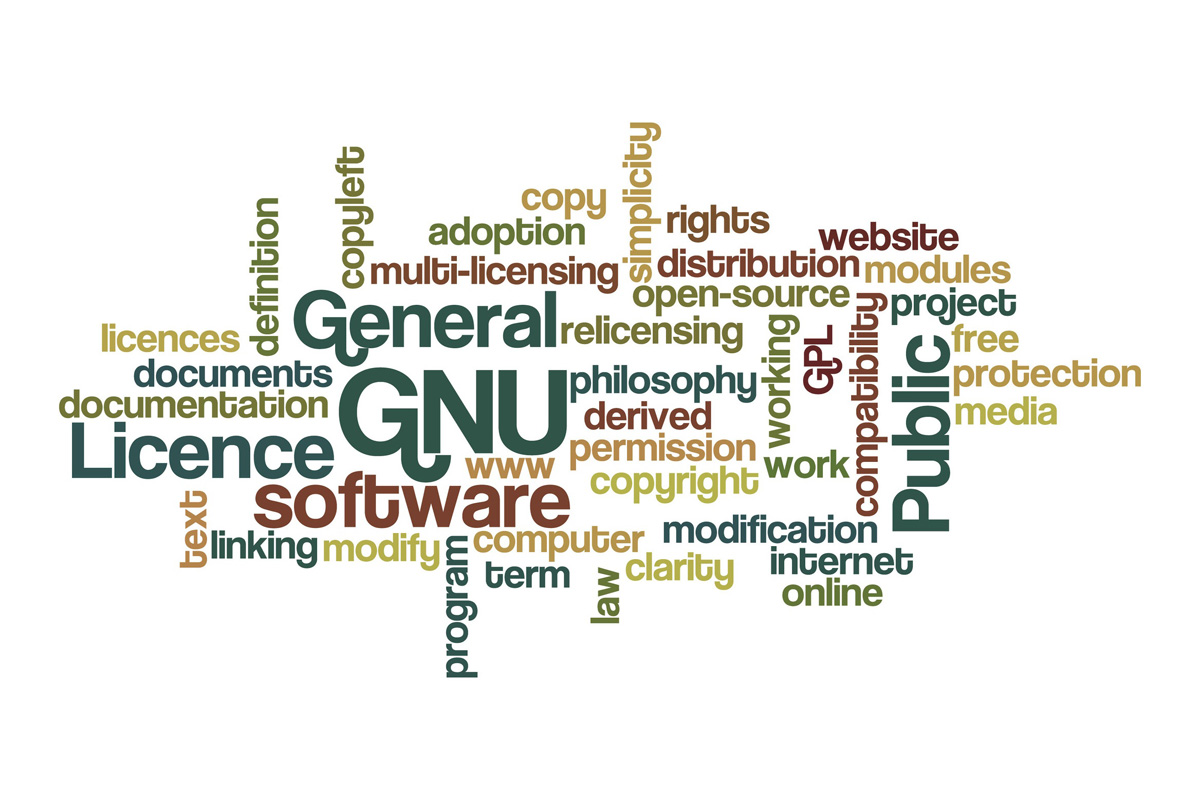GCC and LLVM - What's in a licence?
Richard Hillesley discusses the pros and cons of the GCC and LLVM compiler collections, and the difference a licence makes.

GCC is constructed from 'front ends', which consists of the language specific compilation code, a 'middle end' or code optimistation phase, and 'back ends' which streamline the compiled code for specific architectures. As this suggests, the code should and could be modular, but GCC, untypically for free software, tends to be monolithic.
It is difficult to decouple the 'front ends' and 'back ends' from the rest of the code, which means that the path of least resistance for those who wish to extend GCC by adding language or machine specific extensions is to release their changes under the GPL, which in turn makes the languages and architectures more accessible to other free software. The portability of GCC has enhanced the scalability and portability of the Linux kernel, and the relative opacity of GCC has made it incorruptible and difficult to divert for proprietary ends.
Joe Buck notes that Richard Stallman, otherwise known as RMS, "believes that people who extend GCC, hoping to take their extensions proprietary, and then finding that they can't, will then just decide to contribute the code, if it is useful, since otherwise they can't distribute and have to support it by themselves forever, or else they have to risk legal problems. RMS has some evidence that this sometimes happens (C++, Objective-C, many contributed back ends). So the intent isn't to prevent certain people from using it, but to have those people contribute the changes back even if that isn't their preference."
In other words GCC is constructed in such a way that those who wish to provide extensions with licences that are incompatible with the GPL and copyleft are persuaded to contribute the software back to the community in the shape of the GPL - and this has been beneficial to the community - in that it has opened up architectures and languages that might not otherwise have been available to other users of GCC.
It may be the case that this policy was a by-product of the early development of GCC and its beginnings as a C compiler, rather than a deliberate design decision, but "RMS would tell you that we only have a GNU C++ compiler because Mike Tiemann's employer could not make it proprietary, and we only have a GNU Objective-C compiler because Steve Jobs could not make it proprietary. Had the equivalent of dump formats existed at the time, we'd only have C. (Of course, that's the inverse issue: proprietary front ends connecting to GNU back ends). By making just building onto GCC and GPLing the code the path of least resistance, RMS hopes to motivate more people to produce free software" - and this approach has worked.
Buck's view is "that's fine as far as it goes, but when it becomes a defense of an opaque, non-extendable architecture we have a problem."
Get the ITPro daily newsletter
Sign up today and you will receive a free copy of our Future Focus 2025 report - the leading guidance on AI, cybersecurity and other IT challenges as per 700+ senior executives
-
 Business leaders are having a crisis of confidence over data literacy
Business leaders are having a crisis of confidence over data literacyNews A Salesforce survey reveals business leaders don't trust their data, or their ability to make the most of it
By Emma Woollacott
-
 Frustration as MITRE CVE program funding expires
Frustration as MITRE CVE program funding expiresNews The cyber database is invaluable to security teams the world over, helping flag the most urgent vulnerabilities
By Rory Bathgate